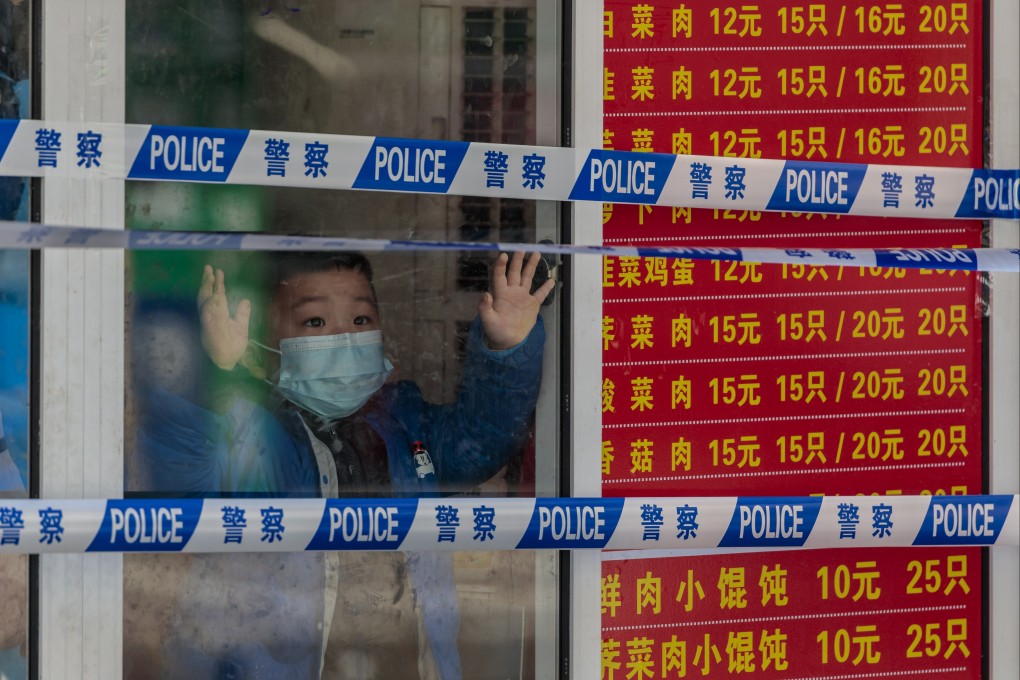Advertisement
Opinion | Covid-19 ‘magic mirror’ reflects widening fissures in Chinese society
- In China, the metaphor of Covid-19 as a mirror that reflects a society’s failings was deployed to critique other countries
- However, in recent months, as China grappled with its own outbreaks, shortcomings at home have been revealed that have strained social cohesion
Reading Time:3 minutes
Why you can trust SCMP
7

“Covid-19 is a magic mirror that reveals the monster within” was a popular saying in China in the early days of the pandemic. It was used by the Chinese foreign ministry in reference to the United States to suggest that Covid-19 had uncovered America’s long-standing social problems.
Whoever coined the saying was certainly very astute. But I wonder how many people in China at the time realised that one day the mirror could be turned on themselves. What would they see? What demons might be revealed?
I have lived in China all my life. I am part of a generation that has seen outstanding improvements in this society. It seemed to us that things could only get better, and if there were any challenges along the way, there was nothing that we as a country could not get through by working together.
Advertisement
But Covid-19’s terrible mirror has revealed two social issues that could significantly hamper China’s development if not handled properly – selfishness and bigotry.

I was in Shanghai throughout the April-May lockdown. We heard of hospitals that would not take patients, some of whom died; people stealing food that was intended for residents and selling it on the black market; and police or pandemic prevention workers who tried to force people into quarantine without even showing proof of a Covid-19 test result. I was truly shocked by these events.
Advertisement
Advertisement
Select Voice
Select Speed
1.00x
